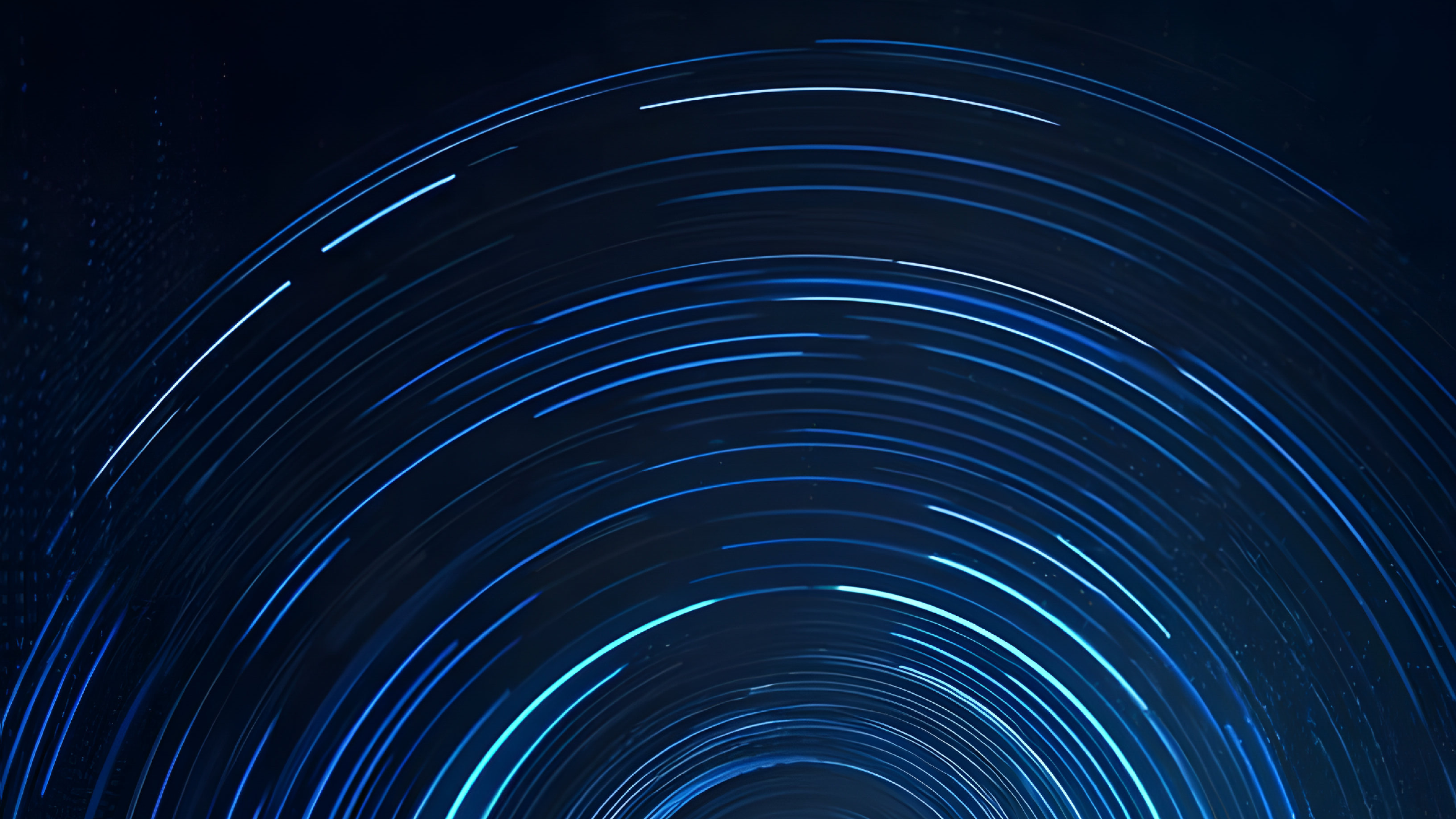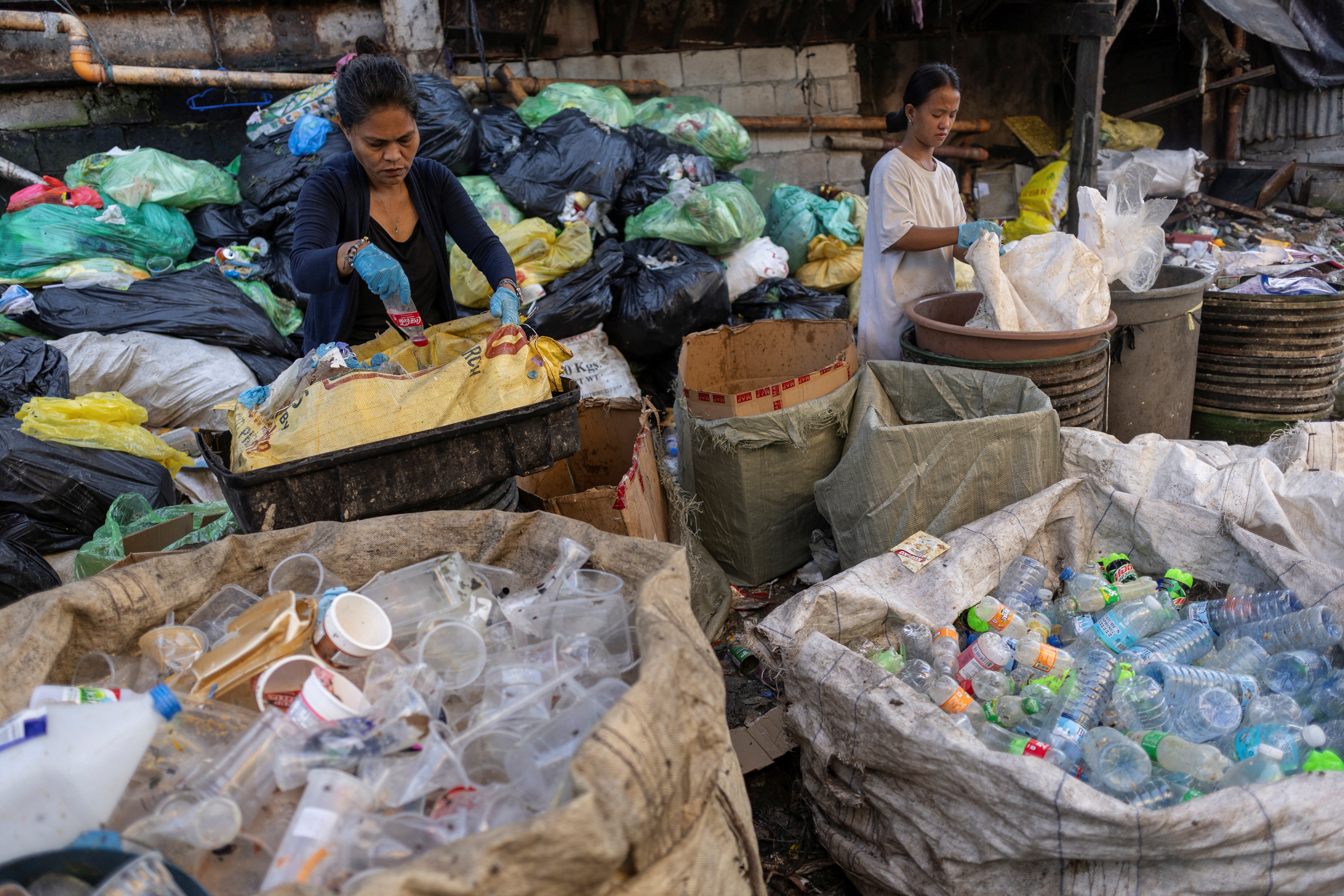A ‘dating site’ with a difference that’s pairing waste with recycling opportunities

Image: REUTERS/Umit Bektas
- How can we stop our waste ending up in landfill or even the ocean?
- The answer is to match material with the people who can reuse it.
- And a new “dating” site for waste is doing just that.
- Dutch start-up Excess Materials Exchange is a member of The Circulars Accelerator Cohort 2021 on UpLink.
Welcome to the world’s most environmentally friendly “dating site”. But don’t expect to find a life partner here. This site matches waste materials with solutions that enable their reuse while reducing CO2 emissions.
For many companies, disposing of waste can be a real headache, especially if it’s not suitable for conventional recycling methods. But Excess Materials Exchange (EME) not only aims to find ways to reuse waste but also to enable companies to make money from what they throw away.
“I run a dating site,” founder Maayke Aimee Damen said in a TEDx talk about her tech-enabled business. “A dating site for secondary materials, a dating site for stuff people throw away, where we match supply and demand for materials and materials with their highest value option.”
Chosen as one of the pioneers in the The Circulars Accelerator 2021 cohort, Maayke’s Netherlands-based team say they have already identified US$76 million of financial value in reusable waste produced by the 10 companies they have worked with so far.
It is one of 17 companies selected from more than 200 applicants for The Circulars Accelerator Cohort 2021, which is run in collaboration with UpLink, the World Economic Forum’s innovation crowdsourcing platform.
The six-month programme – which is led by Accenture, in partnership with Anglo American, Ecolab and Schneider Electric – helps circular innovators scale their solutions by providing them with tailored support and mentorship, and connecting them with industry leaders.
It operates through UpLink, which launched at the World Economic Forum Annual Meeting in 2020. The platform crowdsources expertise and resources to help scale up innovative ideas that can advance the UN's SDGs.
All about identity
Materials to be matched by the site are given a digital passport which analyses their composition, origin, toxicity and releasability. The site then uses artificial intelligence (AI) matchmaking to identify the best way to reuse them.
“The first cornerstone of our dating site, as for any dating site, is identity,” said Maayke. “You need to have a good profile. Right now, many valuable materials are wasted because we don’t know what they’re worth.
“So we give them an identity in the form of a resources passport. A resources passport can be compared with an ingredients list on a food item.”
Peeling away the layers
By identifying the ingredients of the materials, Maayke says her team have uncovered new ways of releasing value. She cites the example of the 68 tonnes of orange peel produced every day in the Netherlands which have traditionally been turned into biogas.

The detailed passport revealed that the top layer of orange peel contains oils and fragrances that can be used in soap and perfume while the fibre of the inner layer is suitable for making animal feed.
EME has conducted pilot studies into 18 different materials ranging from coffee grounds - which turn out to contain elements that can be used to make soap, compost and pigments for ink - to steel rails which can be repurposed as construction beams, worth six times their scrap value.
To encourage companies to take part, Blockchain technology is used to protect their confidentiality while allowing the movement and reuse of materials to be tracked using barcodes, QR codes and RFID chips.
By creating a marketplace for waste and helping buyers see the potential of what it's made up from, EME says the value of materials can be increased by an average of 110% compared to conventional recycling and their ecological footprint is reduced by an average of 60%.
What is the World Economic Forum doing about the circular economy?
Research by the Ellen MacArthur Foundation suggests that creating a circular economy in just five types of material - cement, aluminium, steel, plastics, and food - could eliminate almost half of the CO2 emissions from manufacturing, a saving of 9.3 billion tonnes of CO2 by 2050.
“We have shown that we can save the planet by running a dating site, a dating site for excess materials,” said Maayke. “There is wealth in waste and nothing needs to be wasted any more except one thing and that is that we can throw away the word waste itself.”
UpLink, the World Economic Forum’s early-stage innovation initiative, is enabling and accelerating the purpose-driven entrepreneurs that are essential for a net-zero, nature-positive, and equitable future. To find out more and join the UpLink community, click here.
Don't miss any update on this topic
Create a free account and access your personalized content collection with our latest publications and analyses.
License and Republishing
World Economic Forum articles may be republished in accordance with the Creative Commons Attribution-NonCommercial-NoDerivatives 4.0 International Public License, and in accordance with our Terms of Use.
The views expressed in this article are those of the author alone and not the World Economic Forum.
Stay up to date:
UpLink
Forum Stories newsletter
Bringing you weekly curated insights and analysis on the global issues that matter.
More on Circular EconomySee all
Felipe Basso
November 13, 2025








